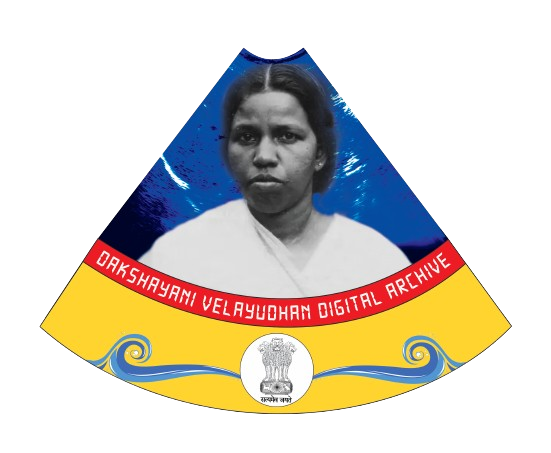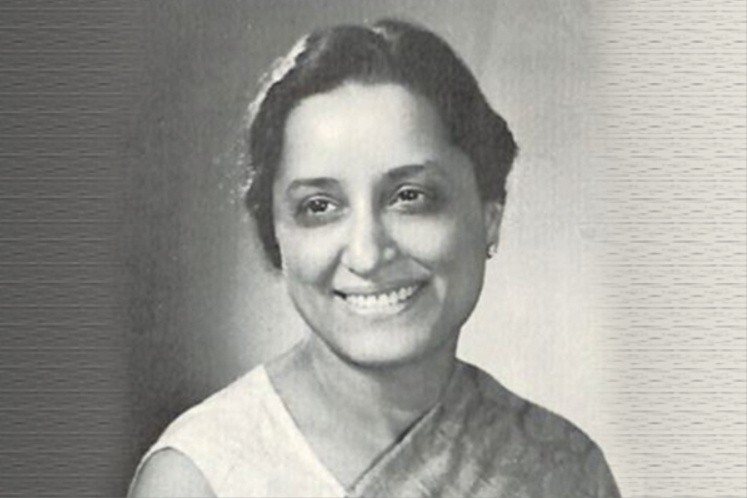Kamla Chaudhary, a prominent figure in the Indian National Congress, emerged from an affluent family in Lucknow. Despite familial expectations, she devoted herself to the nationalist cause, actively participating in Gandhi’s Civil Disobedience Movement of 1930. Born on 22nd February 1908, Kamla Chaudhary played multifaceted roles as a feminist, fictional writer, and political activist.
Basic details and biography of Kamla Chaudhary
| Aspect | Details |
| Full Name | Kamla Chaudhary |
| Date of Birth | 22nd February 1908 |
| Date of Passing | 1970 |
| Party Affiliation | Indian National Congress |
| Constituency | United Provinces (Uttar Pradesh) |
| Mother Tongue | Hindi |
| Education | Graduate |
| Committee Memberships | None |
| Early Life | Born into an affluent family in Lucknow; studied philosophy, journalism, and sociology; politically active from a young age. |
| Role in Independence Movement | Active participant in the Civil Disobedience Movement (1930); arrested multiple times for her involvement in the freedom struggle. |
| Contribution to Constitution | Elected to the Constituent Assembly from the United Provinces in 1946; played a role in shaping India’s constitutional framework. |
| Later Political Career | Member of the Provisional Parliament (1947-1952); Senior Vice-Chair of the 54th Indian National Congress Session; Entered the Lok Sabha in 1962 from Hapur District, Uttar Pradesh. |
| Literary Legacy | Celebrated fiction writer with works like ‘Ankhe Khuli,’ ‘Suriya,’ ‘Swapna,’ and more; Focused on women’s experiences and the emerging landscape of a modern nation. |
| Legacy and Awards | Left a lasting impact as a political stalwart and literary figure; Contributions to women’s rights, education, and empowerment; Awarded the Padma Bhushan in 1959. |
| Date of Passing | 1970 |
Political Journey
Her political journey commenced in 1930 when she aligned herself with the Indian National Congress, marking her dedication to the Civil Disobedience Movement. Kamla Chaudhary’s commitment to the cause led her to be elected to the Constituent Assembly from the United Provinces (now Uttar Pradesh) in 1946.
Contributions to Education and Empowerment
Beyond politics, Chaudhary actively worked towards the education of girls in villages and backward areas. She championed the Khadi and Village industries, recognising their potential to provide employment opportunities for young women.
Role in Independence Movement
Her involvement in the Civil Disobedience Movement resulted in several arrests, demonstrating her unwavering commitment to India’s struggle for independence.
Contribution to Constitution Making
Kamla Chaudhary’s significant contribution to the shaping of India’s constitutional framework was manifested through her election to the Constituent Assembly in 1946.
Later Political Career
Subsequent to her role in the Constituent Assembly, she continued her political journey, serving as a Member of the Provisional Parliament from 1947 to 1952. Notably, she assumed the position of Senior Vice-Chair during the 54th Indian National Congress Session. In 1962, she further enriched her political legacy by entering the Lok Sabha after winning from Hapur District in Uttar Pradesh.
Literary Legacy
Beyond politics, Kamla Chaudhary was a celebrated fiction writer, with notable works such as ‘Ankhe Khuli,’ ‘Suriya,’ ‘Swapna,’ ‘Sadhana Ka Unmaad,’ ‘Unmaad’ (1934), ‘Picnic’ (1936), and ‘Yatra’ (1947). Her literary endeavors often delved into the lived experiences of Indian women and the evolving landscape of a modern nation.
Kamla Chaudhary left an indelible mark, not only as a political stalwart but also as a trailblazer in literature, championing women’s rights, education, and empowerment. Her legacy endures as an inspiring narrative of a woman who transcended societal expectations to contribute significantly to India’s political and cultural tapestry.

